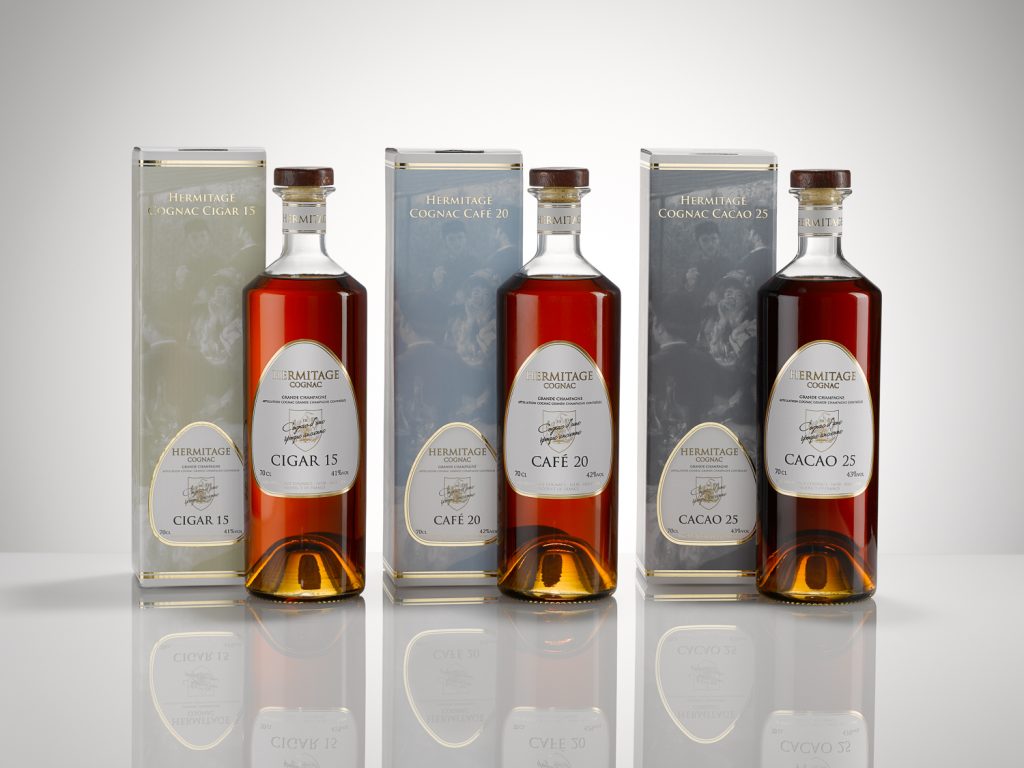Category: The History of Cognac

The history of Cognac – Growth in the market
By 1800 many of the houses that we know of today were becoming established, and their requirement for brandies from the farmers was increasing demand. Coupled to this, the skills in making cognac had improved and a form of standardisationRead more

The history of Cognac – Distillation of the Cognac Brandy.
Distillation is a simple process, based on the fact that alcohol vaporises at a lower temperature than water, allowing the spirit to escape. When fermented liquor such as wine is heated, the alcohol vaporises and is trapped in the pipeRead more

The history of Cognac – The Early Grapes, Wine and Region
In 1753, one Father Arcère wrote in a history of La Rochelle, “The wines of Aunis was once highly regarded, if in time it has lost its former reputation, this misfortune must be attributed to the poor choice of varietiesRead more

The history of Cognac – The Dutch, French, Irish and British
From around 1600 many Irish traders and settlers became interested in the brandy business. These were settlers and the potential to condense wines by boiling them had a number of attractions, not least their greatly improved longevity, ease of handlingRead more